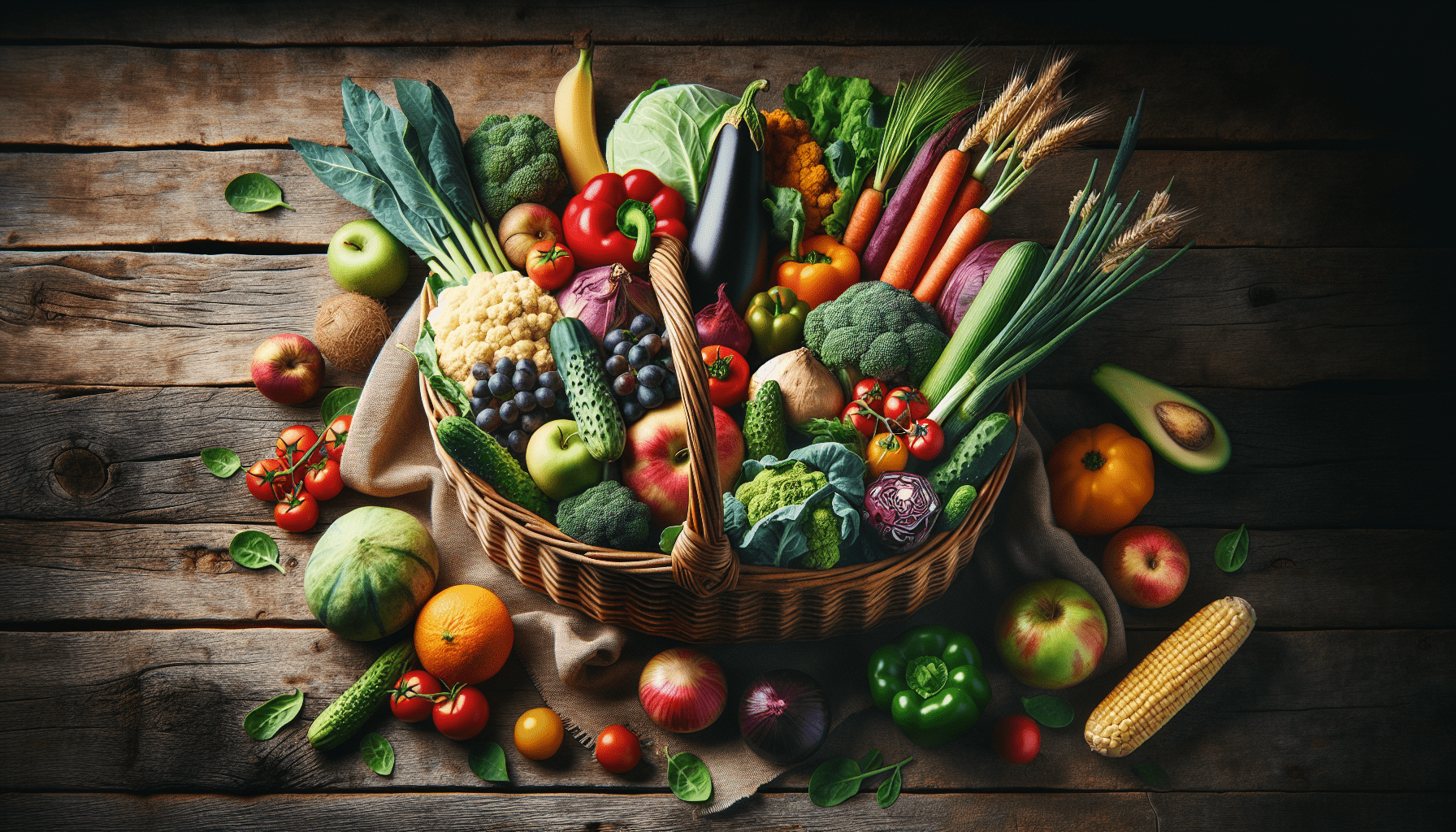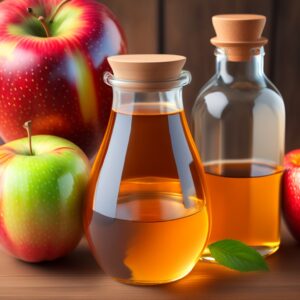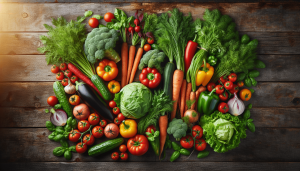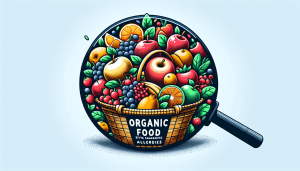Organic food often comes with a higher price tag, leading many of us to question its true value. In this article, “Is Organic Food Worth the Extra Cost?” we’ll explore the differences between organic and conventionally grown foods, examining factors like nutritional benefits, environmental impact, and the significance of pesticide use. By understanding these elements, we can make informed decisions about whether spending the extra money on organic products aligns with our priorities and values. Let’s dive into this topic together and uncover what makes organic food stand out in today’s market. Have you ever wondered if organic food is truly worth the extra cost? It’s a question that crosses our minds frequently, especially when we’re standing in front of the produce section with a basket full of groceries. The rise of the organic food movement has many of us reconsidering our shopping habits, health priorities, and even our environmental impact.
In this article, we aim to delve deeply into the ultimate question: “Is organic food worth the extra cost?” By approaching this topic from various angles—nutritional benefits, environmental impact, ethical considerations, and, of course, financial implications—we hope to help you make an informed decision tailored to your lifestyle and values. Let’s embark on this journey together, shall we?
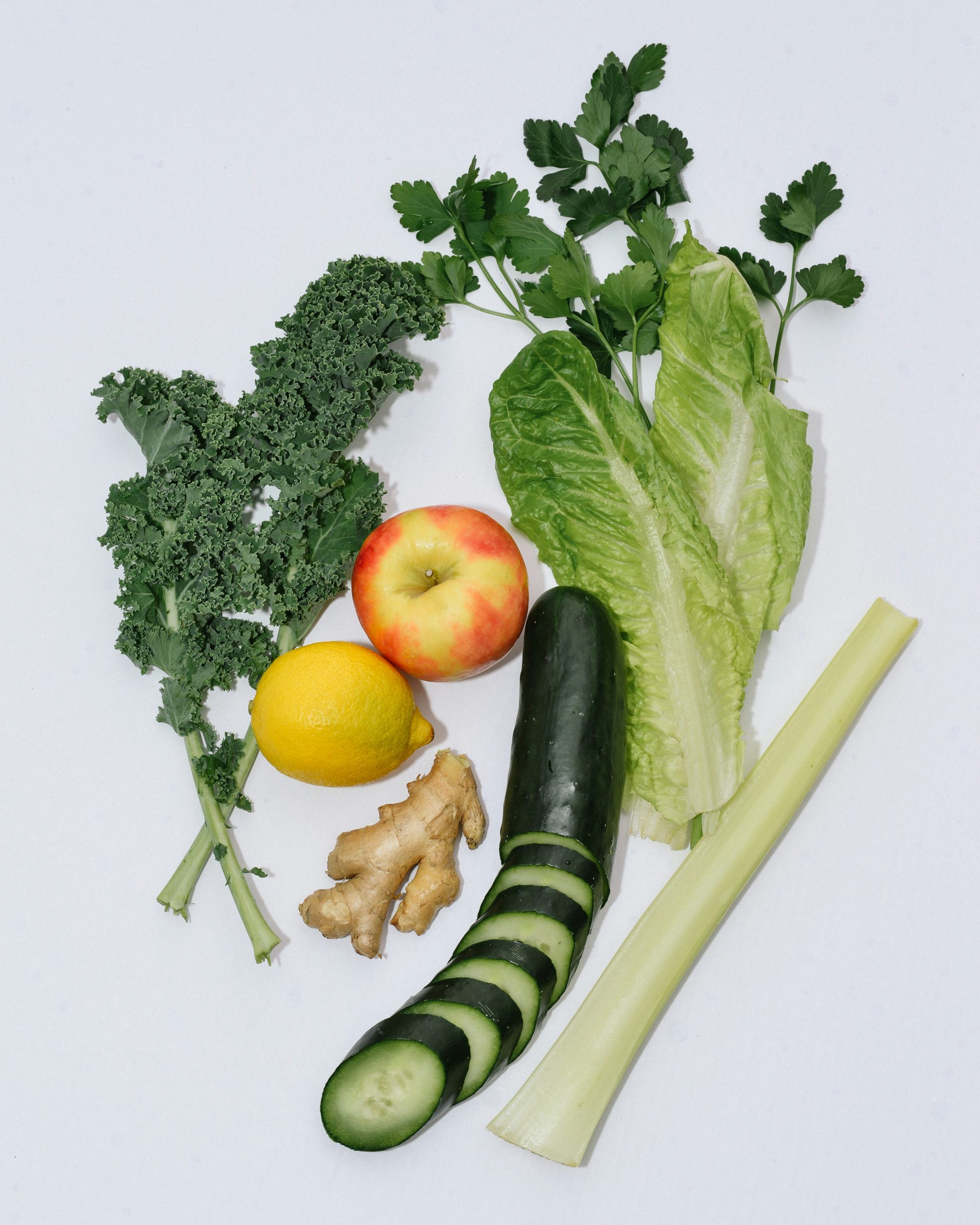
What Exactly is Organic Food?
Before diving in, it’s crucial to understand what qualifies as organic food. Organic food refers to products that are grown, processed, and handled following specific regulations and standards. In the United States, these standards are set by the USDA’s National Organic Program (NOP).
Organic Farming Practices
Organic farming revolves around sustainable practices that enrich the soil, reduce pollution, and promote ecological balance. Here are some common practices:
- No synthetic pesticides or fertilizers: Organic farmers use natural fertilizers and composting methods.
- No GMOs: Organic certification prohibits the use of genetically modified organisms.
- Animal welfare: Livestock must have access to the outdoors and cannot be given antibiotics or growth hormones.
Certification and Labeling
You’ll often see labels like “100% Organic,” “Organic,” or “Made with Organic Ingredients.” These labels have different levels of organic ingredients, and the USDA Organic seal ensures that the products meet stringent standards.
| Certification Label | Requirements |
|---|---|
| 100% Organic | Must contain 100% organic ingredients |
| Organic | Must contain at least 95% organic ingredients |
| Made with Organic Ingredients | Must contain at least 70% organic ingredients |
Understanding these labels helps us make informed choices when shopping for organic products.
Nutritional Benefits: Fact or Fiction?
One of the primary reasons we consider buying organic food is the belief that it is nutritionally superior. But is that really the case?
Comparing Nutrient Content
Numerous studies have been conducted to compare the nutrient content of organic versus conventional foods. Some studies suggest that organic produce may have higher levels of certain nutrients, such as antioxidants and vitamins.
Pesticide Residue
One significant advantage of organic foods is the lower presence of pesticide residues. Conventional farming often uses synthetic pesticides that can leave residues on produce. Consuming organic food reduces our exposure to these harmful chemicals, which can have long-term health benefits.
The Debate Continues
While some evidence points to higher nutrient levels in organic foods, the results are not universally conclusive. Different studies can yield varying results due to factors like soil quality, farming practices, and the types of produce analyzed.
Environmental Impact: A Greener Choice?
Many of us are motivated to buy organic food because of its perceived environmental benefits. Let’s explore how organic farming impacts the environment.
Soil Health
Organic farming practices like crop rotation and composting contribute to healthier soils. These methods improve soil structure, water retention, and nutrient levels, making the soil more resilient to erosion and degradation.
Biodiversity
Organic farms tend to support greater biodiversity. By avoiding synthetic pesticides and fertilizers, organic farming creates a more hospitable environment for a variety of plant and animal species.
Reduced Pollution
Organic farming reduces pollution both in the soil and nearby water sources. The absence of synthetic chemicals means less runoff into rivers and lakes, making organic farming a more eco-friendly option.
Ethical Considerations: The Human Element
When we talk about the value of organic food, it’s essential to consider the ethical dimensions. Organic farming often comes with higher labor costs, as it requires more hands-on management compared to conventional farming methods. But these higher costs can translate into fairer wages and better working conditions for farmworkers.
Animal Welfare
For those of us concerned with animal welfare, organic livestock farming practices ensure animals are treated more humanely. Animals must have access to outdoor spaces and are raised without the use of antibiotics or growth hormones.
Small Scale Farmers
Buying organic can also mean supporting smaller-scale farmers who adhere to sustainable practices. This can contribute to the local economy and foster more diversified agricultural practices.
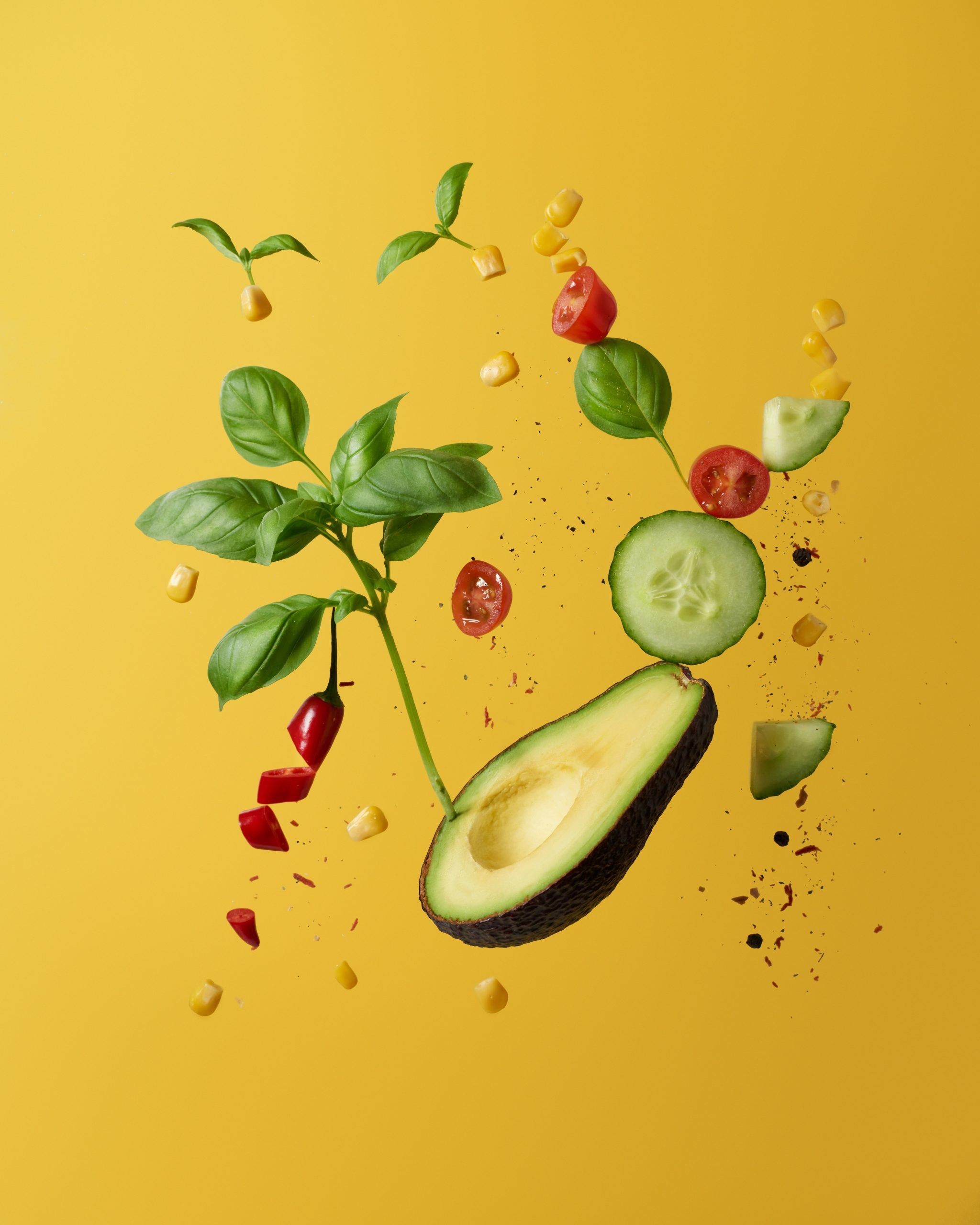
Financial Implications: Counting the Costs
The elephant in the room when discussing organic food is undoubtedly the cost. Organic products can be significantly more expensive than their conventional counterparts. Let’s break down why this is the case and whether it’s justifiable.
Factors Contributing to Higher Costs
- Labor-Intensive Practices: Organic farming requires more manual labor for tasks such as weeding and pest control.
- Lower Yields: Organic farms often produce lower yields compared to conventional farms, leading to higher per-unit costs.
- Certification Costs: Achieving and maintaining organic certification can be expensive for farmers, costs which are often passed on to consumers.
Is It Worth It?
Determining whether the extra cost is worth it is a personal decision. Factors to consider include:
- Health Priorities: If reducing exposure to pesticides and increasing nutritional intake is a priority, the extra cost may be justified.
- Environmental Concerns: If supporting sustainable farming practices is essential to you, then the financial premium can be seen as an investment in the planet.
- Budget Constraints: Balancing the benefits against your household budget is crucial. It’s possible to strategically choose which organic items to purchase according to the “Dirty Dozen” and “Clean Fifteen” lists, which rank produce based on pesticide residue levels.
The Dirty Dozen and Clean Fifteen
These lists, provided by the Environmental Working Group (EWG), can help us prioritize where to spend our organic dollars. Foods on the Dirty Dozen list have the highest pesticide residues, whereas those on the Clean Fifteen have the lowest.
| Dirty Dozen | Clean Fifteen |
|---|---|
| Strawberries | Avocados |
| Spinach | Sweet Corn |
| Kale | Pineapples |
| Nectarines | Onions |
| Apples | Papayas |
| Grapes | Frozen Sweet Peas |
| Peaches | Eggplant |
| Cherries | Asparagus |
| Pears | Kiwing |
| Tomatoes | Cabbages |
| Celery | Mushrooms |
| Potatoes | Honeydews |
Using these lists can help you make more cost-effective choices without compromising too much on health benefits.
Practical Tips for Buying Organic on a Budget
The good news is, you don’t have to break the bank to incorporate organic foods into your diet. Here are some practical tips to help you save money while making healthier choices.
Buy in Season
Seasonal produce is generally more affordable and fresher. Learn what fruits and vegetables are in season throughout the year and plan your meals accordingly.
Shop Local
Farmers’ markets and local co-ops often offer fresher, more affordable organic produce compared to big-box retailers. Additionally, you’ll be supporting local farmers.
Grow Your Own
If you have space, consider growing your own vegetables and herbs. Even a small garden or a few potted plants on a balcony can yield a surprising amount of fresh produce.
Bulk Buys
Some items like grains, nuts, and seeds can be bought in bulk at a lower cost. Look for organic options in bulk food sections of your local grocery store or health food store.
Store Brands
Many grocery stores now have their own lines of organic products that are more budget-friendly than name brands. Look for these options next time you shop.
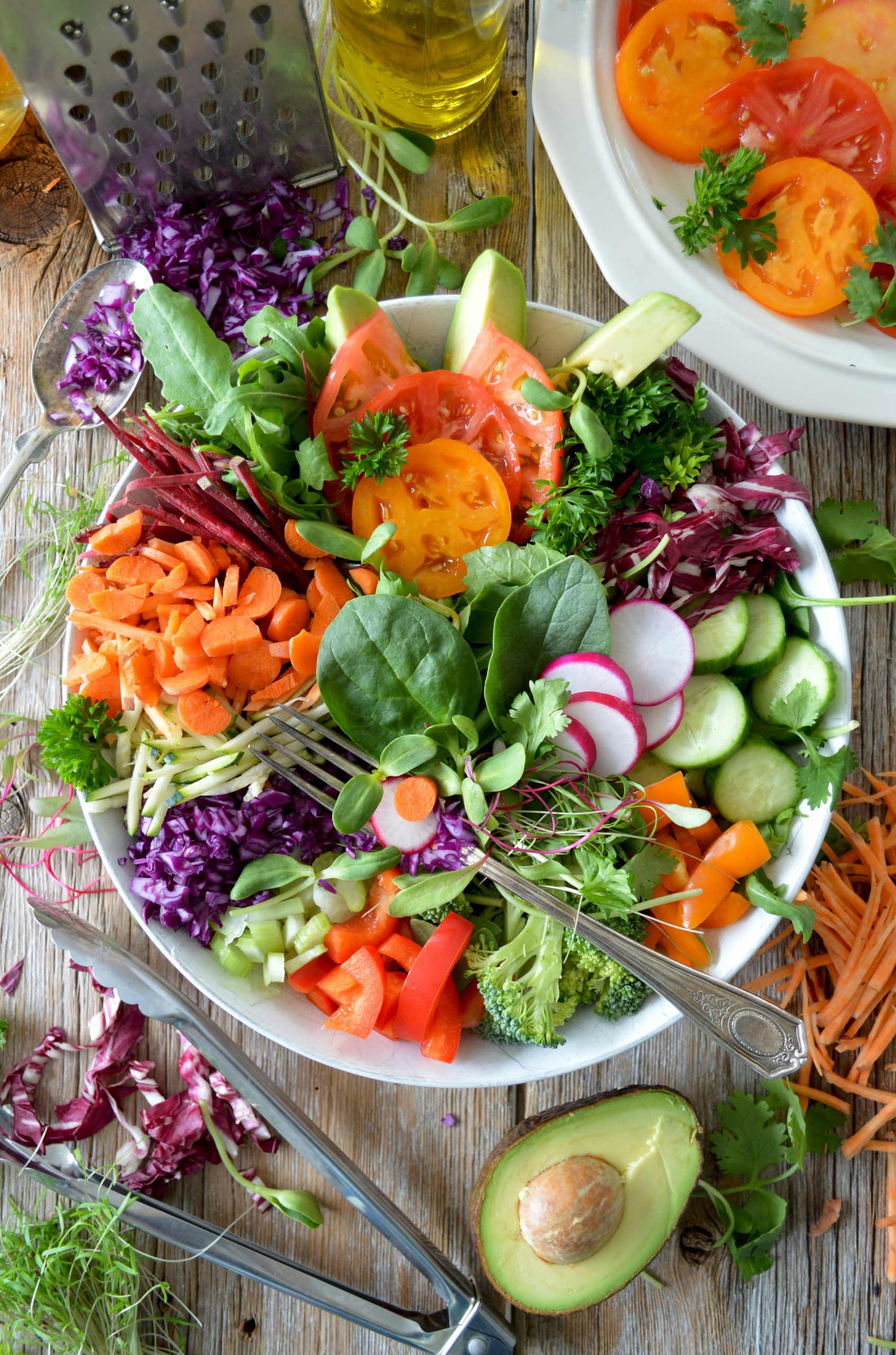
Real-Life Case Studies: Weighing the Choices
To help us better understand the real-world implications of choosing organic, let’s look at a couple of case studies that highlight the considerations and decisions of different households.
Case Study 1: The Young Family
The Young family consists of two parents and their young child. Concerned about their child’s exposure to pesticides, they decide to prioritize buying organic foods, especially fruits and vegetables. They use the Dirty Dozen and Clean Fifteen lists to make smart choices. By shopping at local farmers’ markets, they find that the prices are manageable, and the quality is excellent. Although they spend a bit more, they feel the benefits to their child’s health are worth it.
Case Study 2: The Urban Professionals
Living in a bustling city with higher living costs, this couple is conscious of their budget. They are motivated to support sustainable practices but can’t justify the higher price of organic foods for everything. Instead, they focus on buying organic dairy products and meat, noting that these items are more likely to contain additives and antibiotics. For produce, they stick to the Clean Fifteen list to reduce their exposure to pesticides while keeping their expenses in check.
Conclusion: Making the Informed Choice
So, is organic food worth the extra cost? The answer isn’t one-size-fits-all, and it ultimately depends on our individual priorities and circumstances. For some of us, the health benefits, environmental impact, and ethical considerations make organic food a viable and worthwhile investment. For others, financial constraints may lead us to strategically choose which organic products to prioritize.
Armed with the knowledge and tips we’ve discussed, we can now make more informed choices that align with our values and lifestyles. Whether we decide to go all-in on organic or adopt a balanced approach, the most important thing is that we feel confident and satisfied with our decisions.
Let’s continue this conversation and keep learning together. After all, making informed choices about the food we eat is one of the best ways to nourish not only our bodies but also our minds and the world around us.

